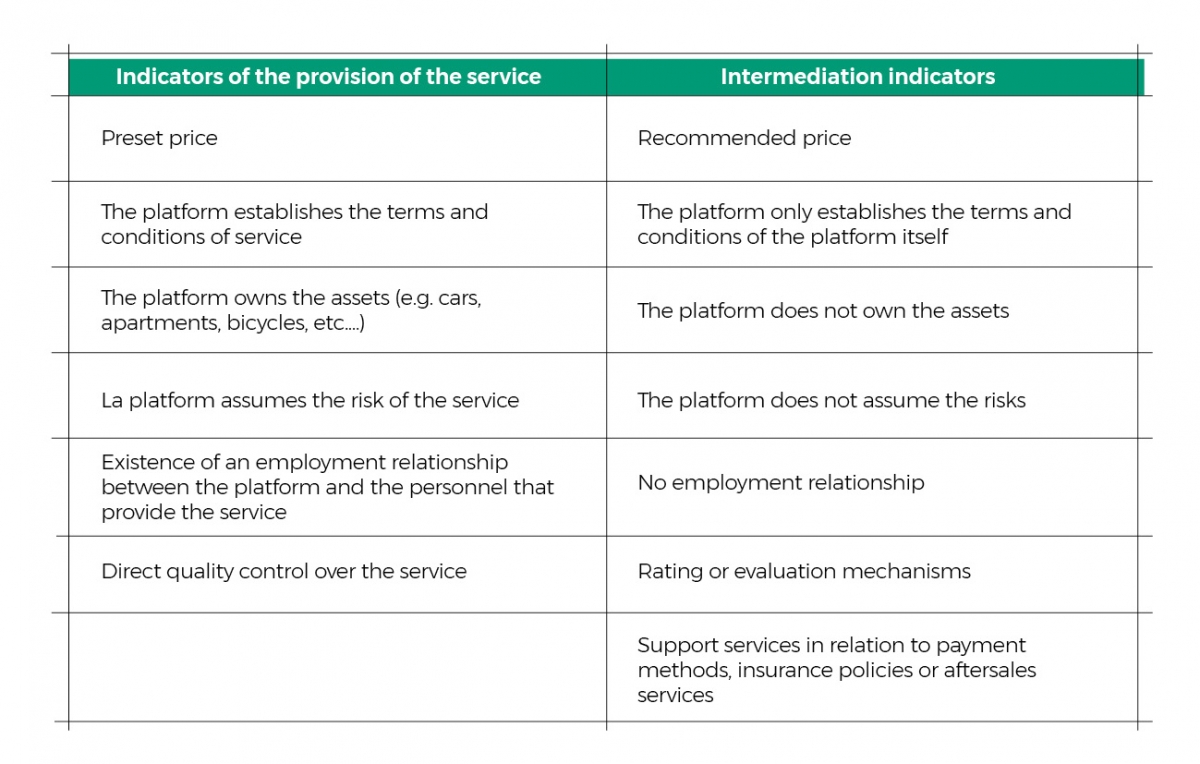BlaBlaCar is an Internet service provider not a transport company
Cristina Mesa (senior associate of Intellectual Property and Fashion Law Practices).

The Madrid Provincial Appellate Court has just confirmed that BlaBlaCar should be considered an information society service provider not a transport company. This is a crucial judgment for the collaborative economy in the mobility field, since it helps to clarify the legal framework applicable to platforms that operate in the so-called collaborative economy.
The Provincial Appellate Court has just confirmed the judgment by Madrid Commercial Court no. 2 of February 2, 2017, in the claim filed by the Spanish Bus Federation against BlaBlaCar. The Spanish Bus Federation argued that BlaBlaCar was obtaining an unfair competitive advantage since it operates without the necessary passenger transport license. The First Instance Court carried out a detailed analysis of the service provided by BlaBlaCar, looking in particular at the company’s level of involvement in the transport service. The conclusion reached was that BlaBlaCar does not provide a transport service, but rather that its role is limited to facilitating the exchange of information between individuals.
In this case, determining the legal framework applicable was crucial to know both whether a license was necessary and also how far the platform was involved in the actual transport activity. The question under discussion is the following: if BlaBlaCar is a transport company, the platform must compete under the same conditions with traditional providers, and be subject to applicable land transport legislation. Conversely, if BlaBlaCar is considered to be a mere Internet service provider, the Information Society Services and E-Commerce Law is applicable . According to this law, BlaBlaCar cannot be required to have prior authorization to provide the intermediation service or be liable for the underlying transport service.
The Provincial Appellate Court considers that providing services such as putting individuals in contact with each other, the existence of an insurance policy or the criteria applicable to determine the price of the trip do not mean that BlaBlaCar can be held responsible for the transport service. The Court was echoing the criteria established by the Communication by the European Commission “A European Agenda for the Collaborative Economy of June 2, 2016:
“[] collaborative platforms may merely assist the provider of the underlying services by offering the possibility to carry out certain activities that are ancillary to the core information society services offered by the platform to intermediate between the provider of the underlying services and their users (e.g. by providing payment facilities, insurance coverage, aftersales services etc.) This, in itself, does not constitute proof of influence and control as regards the underlying service.
Although, as we say, it depends on the case in question, following the judgement by the Madrid Provincial Appellate Court, it will be necessary to pay particular attention to the criteria established by the European Commission in the European Agenda for the Collaborative Economy which we summarize below:

It can be seen from the above that it is the platform’s degree of involvement in providing the underlying service, in this case transport, that determines whether the services is of mere intermediation or not. Therefore, there can be no general solution for all platforms in the collaborative economy. Instead, it is necessary to look at the specific circumstances of each case to determine whether the platform in question is a mere intermediary and therefore not responsible for the service provided or if on the contrary, it has full responsibility for it.